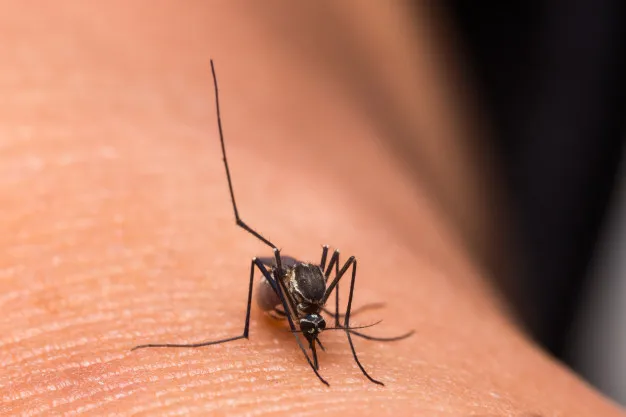Children born with congenital Zika infection and diagnosed with microcephaly face severe health and developmental challenges as they age, a new study has found, suggesting that complications from the virus affect babies long after birth.
The study, published today by the Centers for Disease Control and Prevention, the State Health Secretariat of Paraiba and the Ministry of Health of Brazil, attempted to present a clearer picture of the long-term challenges that will affect children born with smaller-than-expected head sizes, or microcephaly, during the Zika outbreaks in Brazil and elsewhere. Previous publications have described the health effects infants faced during the Zika outbreak, but today’s study was the first attempt to provide a more comprehensive view of the problems they experienced around age 2.
The investigation focused on Brazil, where thousands of children born during 2015 and 2016 were affected by the virus. It studied the health and development of 19 children with microcephaly and evidence of congenital Zika virus through clinical assessments, medical record reviews and caregiver interviews.
“These findings are a key foundation for us to think about the future of health development of children who’ve been severely affected by Zika virus infection in utero.”
It found that children born with the birth defect and the infection endure motor impairments, seizures, difficulties with sleeping and feeding, and hearing and vision problems between 19 and 24 months.
“These findings are a key foundation for us to think about the future of health development of children who have been severely affected by Zika virus infection in utero,” said Dr. Cynthia Moore, the director of the CDC’s Division of Congenital and Developmental Disorders. “We’re trying to get a comprehensive view of perhaps the most severe part of the spectrum that can be caused by Zika virus infections during pregnancy.”
Dr. Peter Jay Hotez, the dean of the National School of Tropical Medicine at Baylor College of Medicine in Houston, has also studied the long-term effects of children born with the virus in Latin America. He says today’s study confirmed what he predicted more than a year ago in a paper he published, that “the neurologic deficits associated with congenital Zika infection, especially in children with microcephaly, are very profound.” He said the children affected will require pediatric care for years to come.
Researchers involved in the study hope the results can provide information that will help the families of these children address and prepare for those challenges.
There are interventions that could help the children, including medicine for seizures, physical therapy for motor impairments and occupational therapy for feeding difficulties.
“As children born affected by Zika virus grow up, they will need specialized care from many types of health care providers and caregivers,” said Dr. Georgina Peacock, the director of the CDC’s Division of Human Development and Disability. “It’s important that we use these findings to start planning now for their long-term care and stay vigilant in Zika prevention efforts in the United States and around the world.”
There are interventions that could help the children, including medicine for seizures, physical therapy for motor impairments and occupational therapy for feeding difficulties, Hotez said.
Moore added that researchers must continue to study the development of children as they age to determine if there are further effects the virus might create in the long-run.